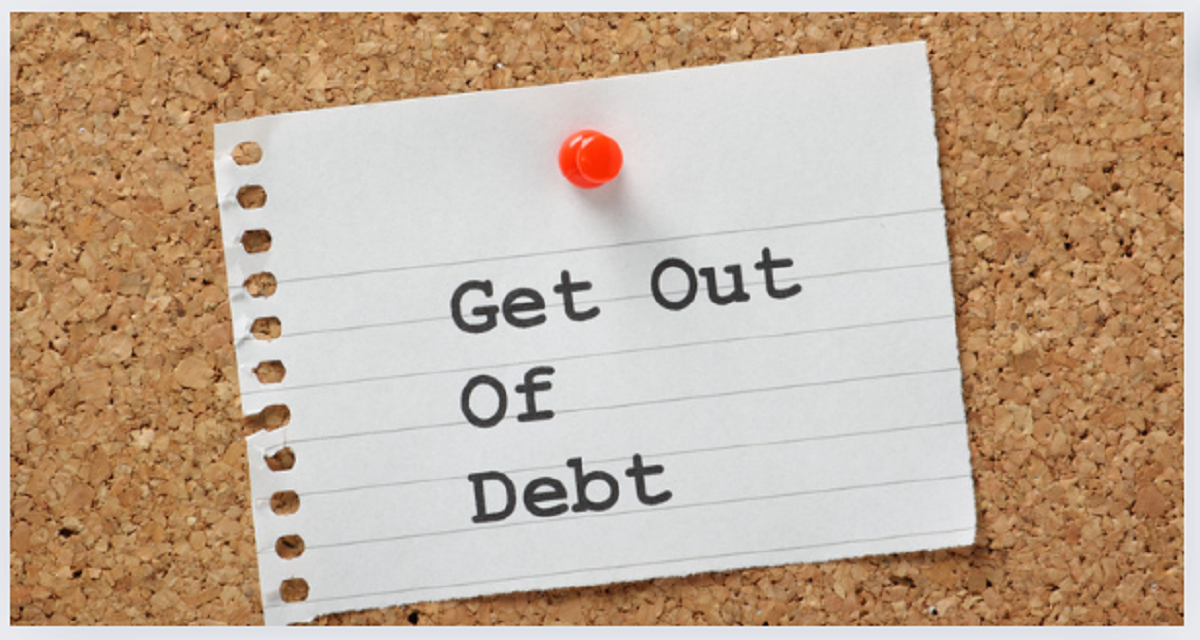Contracts for Difference (CFDs) have become a popular investment tool, offering the possibility to speculate on price differences of various financial instruments without the need to physically own them. Choosing the right CFD broker is crucial for trading success. Here are some key factors to consider when selecting a CFD broker.
1. Safety and Regulation
The safety of investors’ funds is one of the most important aspects when choosing a broker. It’s important to check if the broker is regulated by reputable financial supervisory authorities such as:
- Financial Conduct Authority (FCA) in the UK,
- Cyprus Securities and Exchange Commission (CySEC) in Cyprus,
- Australian Securities and Investments Commission (ASIC) in Australia.
Regulation by such institutions ensures that the broker operates according to strict financial and legal standards, minimizing the risk of fraud.
2. Types of Platforms Offered
The trading platform is the tool through which an investor conducts transactions. It’s beneficial if the broker offers a variety of platforms tailored to different user needs. Popular platforms include:
- MetaTrader 4 (MT4): Widely regarded as an industry standard, offering advanced technical analysis and automation tools.
- MetaTrader 5 (MT5): The newer version of MT4, offering additional features such as more technical indicators and fundamental analysis tools.
- cTrader: Known for its clear interface and advanced market analysis capabilities.
- NinjaTrader: Popular among day traders for its advanced analysis and automation tools.
3. Types of Instruments
The variety of instruments available for trading is important as it allows for portfolio diversification. A good CFD broker should offer access to:
- Stocks: The ability to trade shares from various global markets.
- Forex: Trading on currency pairs, both major and exotic.
- Commodities: CFDs on oil, gold, silver, and other commodities.
- Stock Indices: The ability to trade on major global indices.
- Cryptocurrencies: Increasingly popular instruments such as Bitcoin, Ethereum, and others.
4. Trading Tools
Advanced market analysis tools can significantly enhance trading effectiveness. It’s worth checking if the broker offers:
- Technical Indicators: A wide range of indicators such as RSI, MACD, Bollinger Bands.
- Fundamental Analysis Tools: Economic calendars, market reports, macroeconomic data.
- Trading Automation: The ability to use trading robots and automated strategies.
5. Educational Materials
Access to educational materials is crucial, especially for beginner investors. Reputable brokers offer:
- Webinars: Regular live training sessions.
- Online Courses: Structured courses on the basics and advanced trading techniques.
- Articles and E-books: Written materials that help understand various aspects of financial markets.
6. Credibility
The credibility of the broker can be assessed based on user reviews and industry presence. It’s worth checking:
- User Reviews: Opinions on discussion forums and broker review sites.
- Industry Awards: Awards and recognitions the broker has received for the quality of services.
- Length of Operation: A longer period of market presence often indicates broker stability.
Summary
Choosing a CFD broker requires careful consideration and analysis of many factors. Safety, regulation, offered platforms, variety of instruments, trading tools, educational materials, and broker credibility are key aspects to consider. Making an informed choice will help achieve trading success and minimize the risks associated with investing in financial markets.



